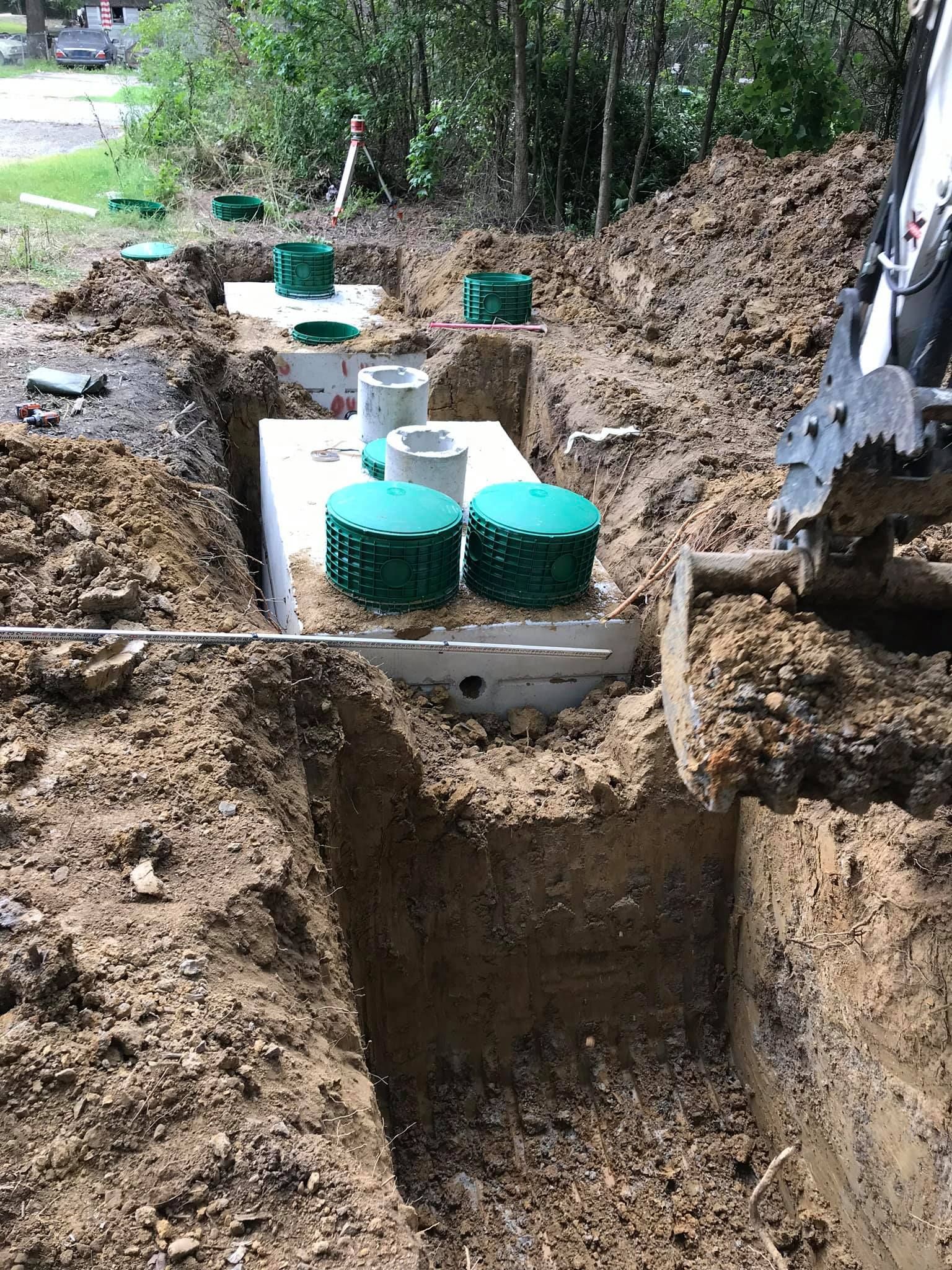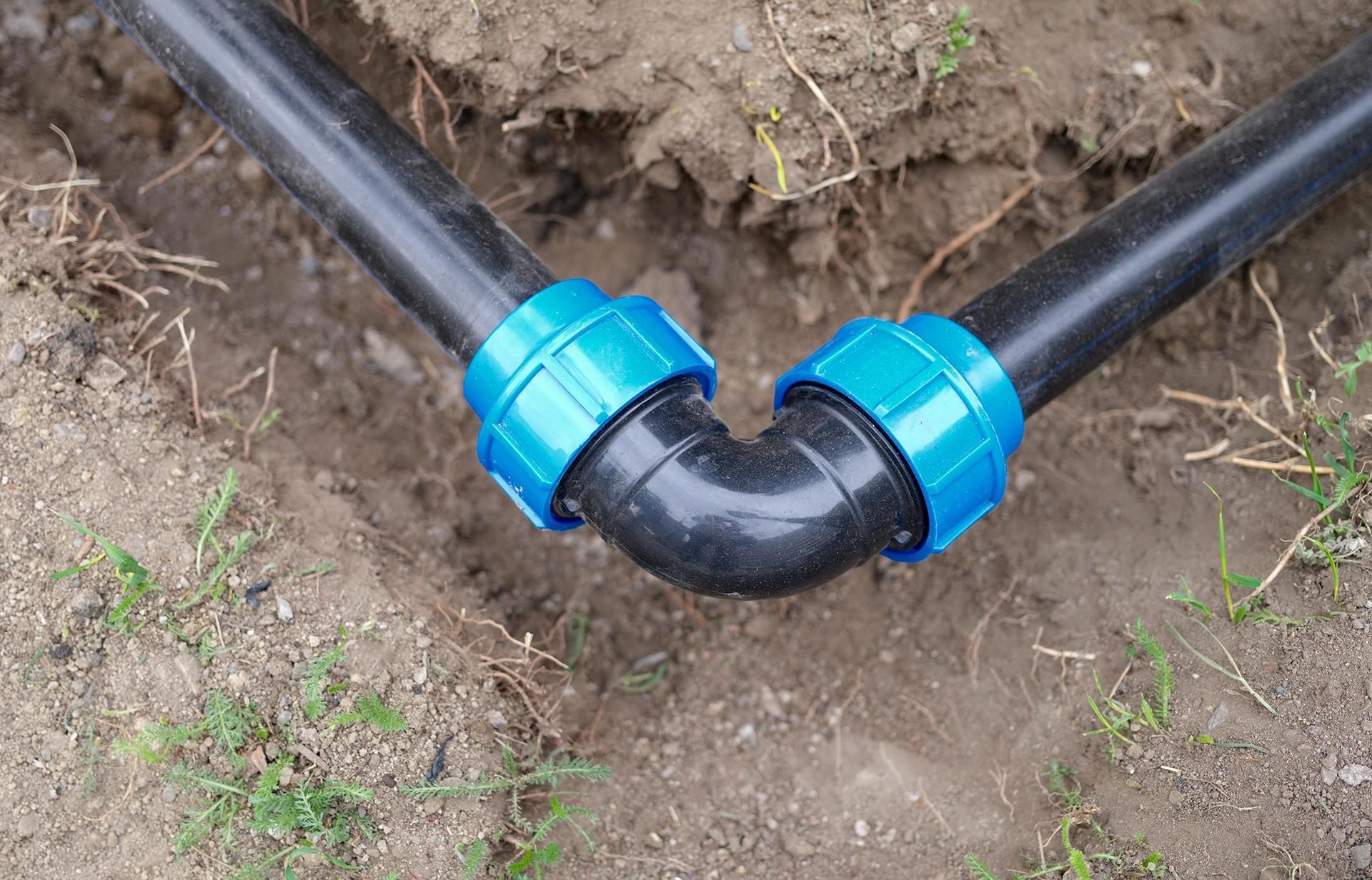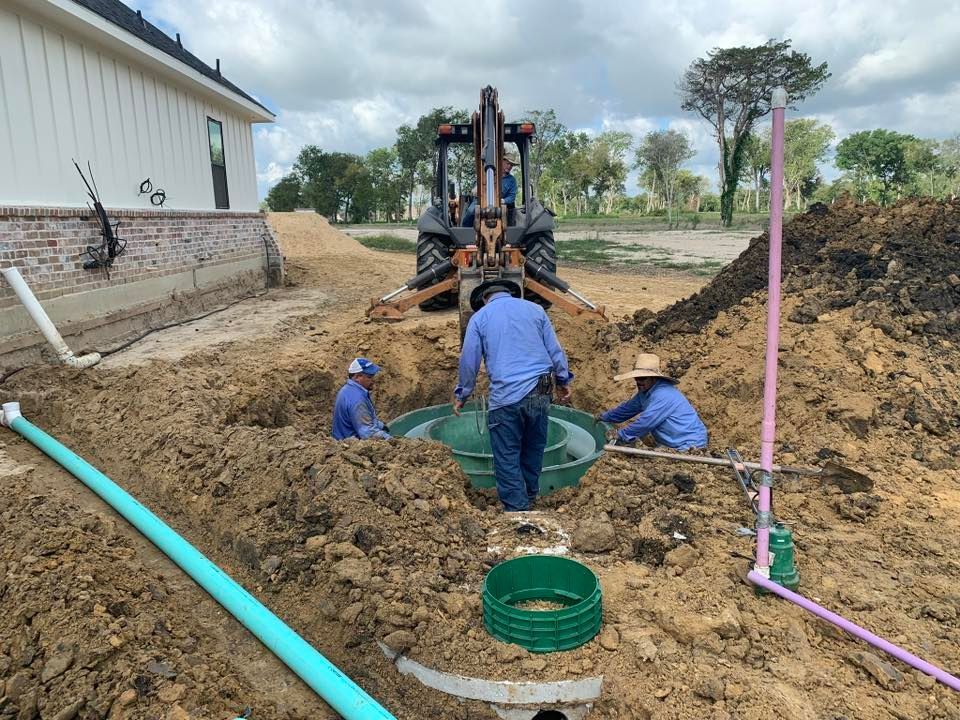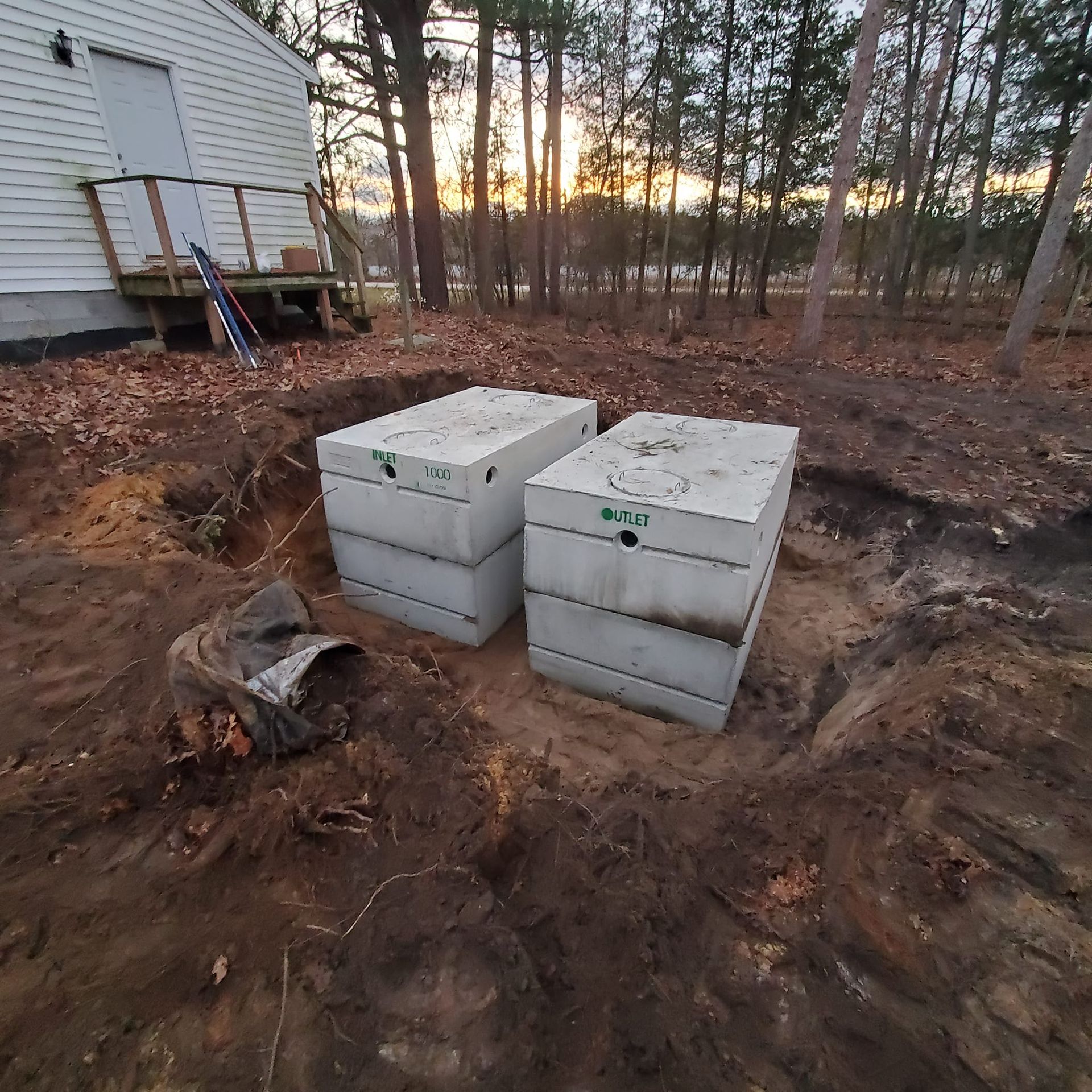Sand Filter
Sand Filter Septic Systems
At
EWS Septic, we understand the importance of a reliable and efficient wastewater treatment system for your home. That's why we offer top-notch Sand Filter Septic Systems. They provide effective filtration and environmentally friendly operation. With our expertise and experience, we are here to ensure that your wastewater is treated efficiently and responsibly.
What is a sand filter septic system?
A sand filter septic system is a wastewater treatment solution that utilizes sand and other natural filtering materials to treat effluent before it is released into the soil. The sand filter removes impurities, providing an environmentally friendly method for sewage disposal.
How Does a Sand Filter Septic System Work?
The process begins with the collection of wastewater from your home. This wastewater is then directed to the sand bed, which acts as the primary filtration medium. The sand bed is composed of layers of sand and gravel, which help to remove solids, bacteria, and other contaminants from the wastewater.
As the wastewater passes through the sand bed, the sand acts as a natural filter, trapping and removing impurities. The filtered waste water then moves through a series of pipes and outlets. It undergoes further treatment before being safely discharged.
Advantages of Sand Filter Septic Systems
Sand Filter Septic Systems have several advantages over traditional septic systems for wastewater treatment. Let's take a closer look at how these systems provide effective treatment. They also reduce the risk of groundwater contamination and require less maintenance.
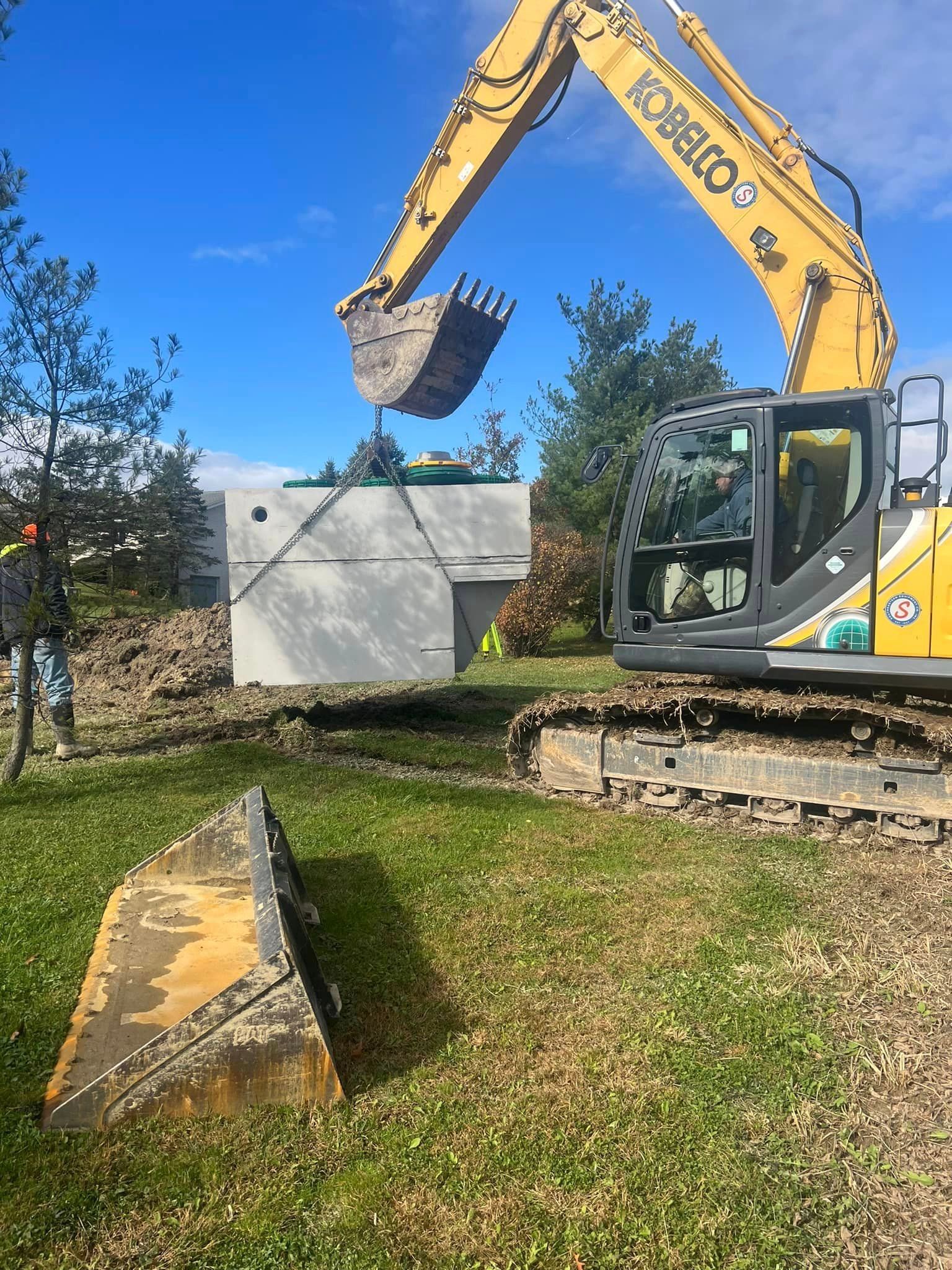
Effective Treatment
Sand Filter Septic Systems are designed to efficiently and effectively treat wastewater. The layers of sand and gravel in the system act as a natural filter, removing solids, bacteria, and other contaminants from the wastewater. This ensures that the treated wastewater is of high quality and poses minimal risk to the environment.
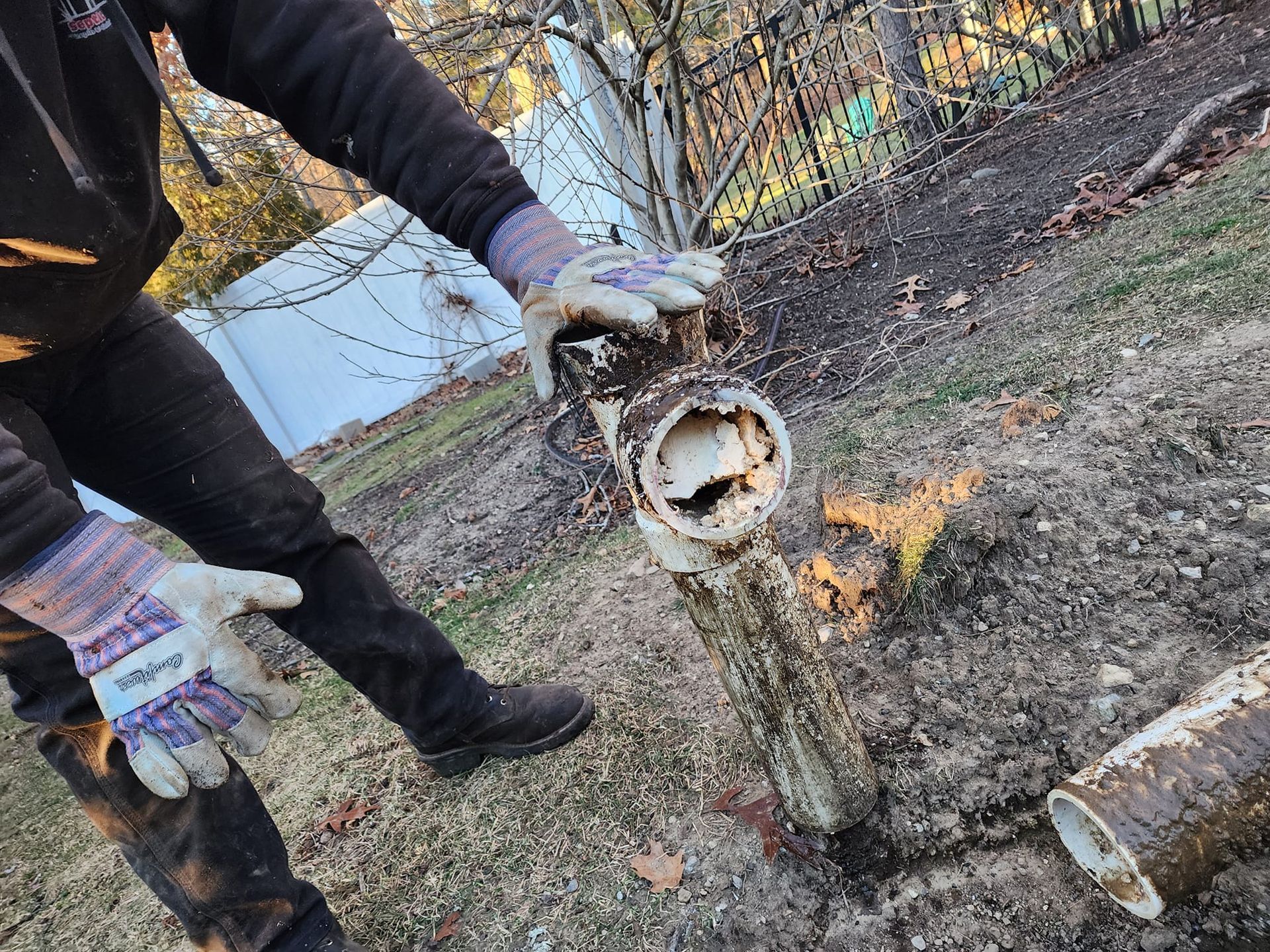
Reduced Risk
One of the key advantages of Sand Filter Septic Systems is their ability to reduce the risk of groundwater contamination. The layers of sand and gravel in the system act as a barrier, preventing contaminants from seeping into the groundwater. This helps protect the quality of our water sources and ensures the safety of our drinking water.
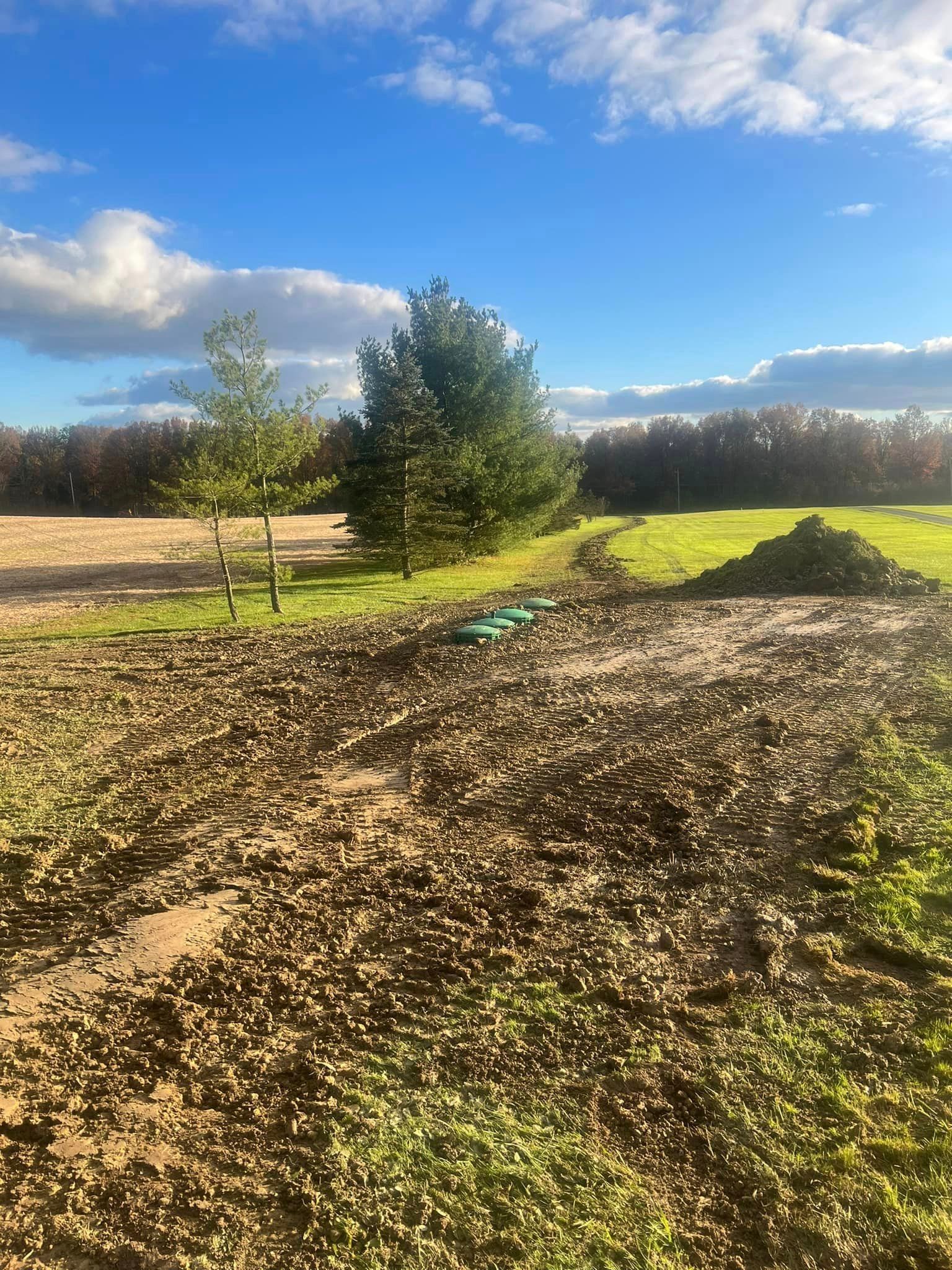
Less Maintenance
Sand Filter Septic Systems require less maintenance compared to traditional septic systems. With proper installation and regular inspections, these systems can operate efficiently for many years. The sand bed acts as a natural filter, reducing the accumulation of solids and prolonging the lifespan of the system. This means less frequent pump-outs and fewer maintenance requirements, saving you time and money in the long run.
Bottomless Vs Intermittent
Both bottomless sand filter (BSF) and intermittent sand filter (ISF) are types of septic systems. They use sand as a filtering medium to treat wastewater. However, they differ in their design and operation. Here's a brief comparison between bottomless sand filter (BSF) and intermittent sand filter (ISF) septic systems.
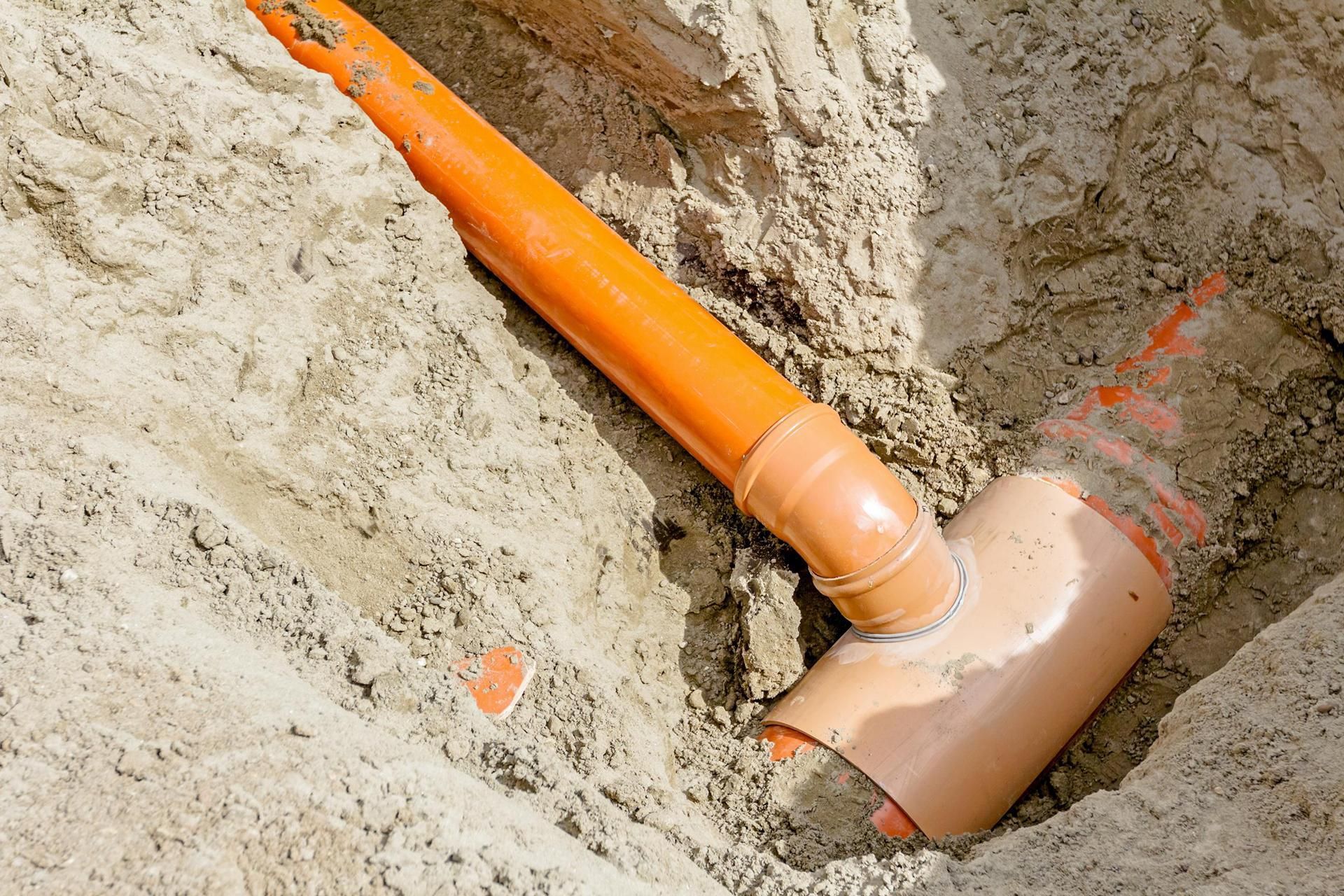
Bottomless Sand Filter Septic System
- Design: BSF features a large excavation in the ground with a layer of sand through which effluent passes.
- Filtering Mechanism: Wastewater flows continuously through the bottomless sand bed, allowing for continuous treatment.
- Distribution: Effluent is typically distributed evenly over the entire sand bed. This promotes filtration and treatment.
- Aeration: BSF systems often rely on natural aeration through the sand bed, promoting biological treatment.
- Maintenance: Bottomless sand filter systems generally require less maintenance than other advanced treatment systems.
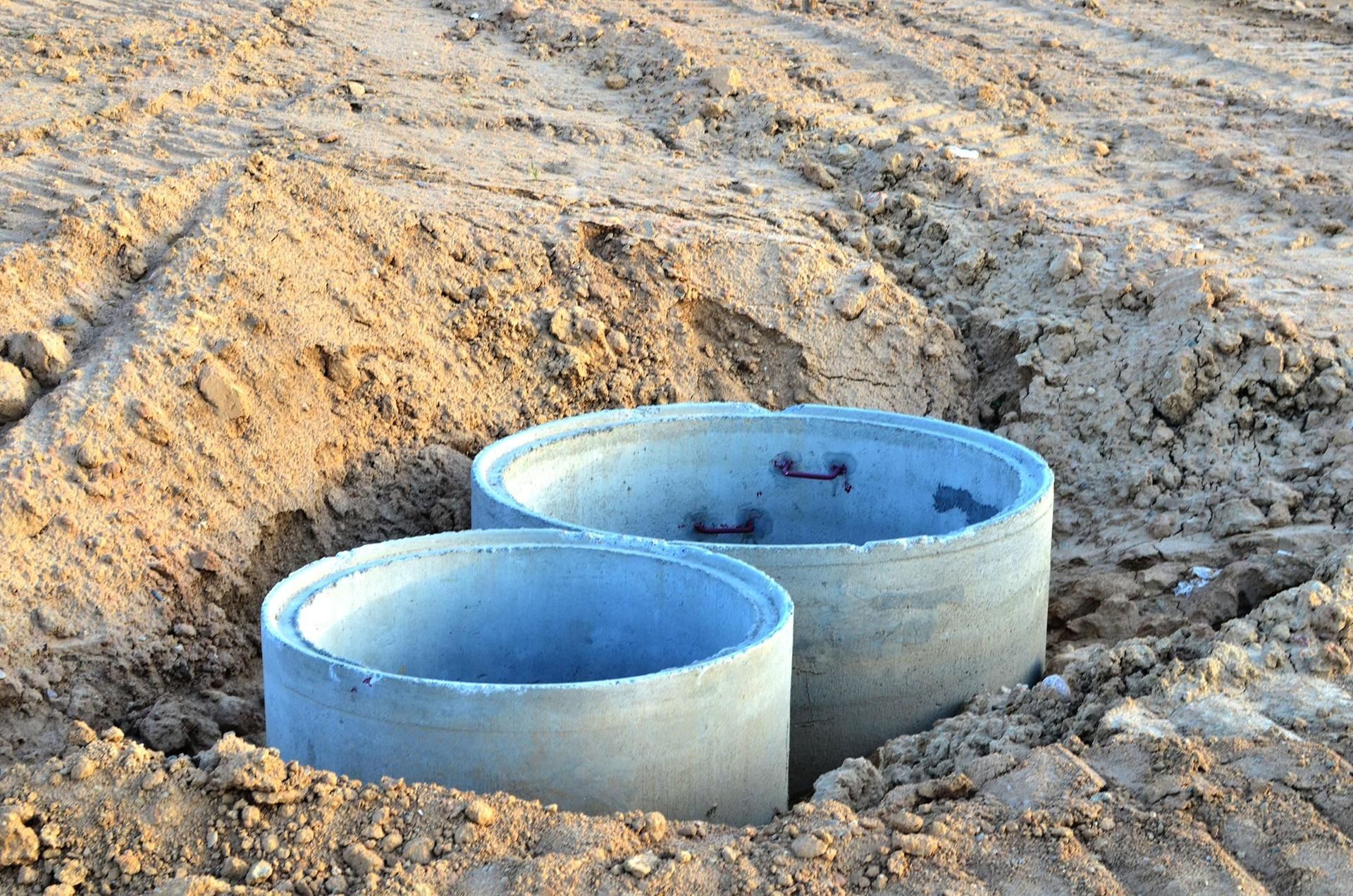
Intermittent Sand Filter Septic System
- Design: ISF consists of a bed of sand through which effluent is intermittently applied and then allowed to rest.
- Filtering Mechanism: Wastewater is dosed intermittently onto the sand bed. This allows for treatment during resting periods.
- Distribution: Effluent is distributed in batches, promoting more efficient treatment during each dosing cycle.
- Aeration: ISF systems may include a resting period, allowing for improved aeration and biological treatment.
- Maintenance: ISF systems may require more attention to dosing schedules and monitoring. This is in comparison to continuous flow systems.
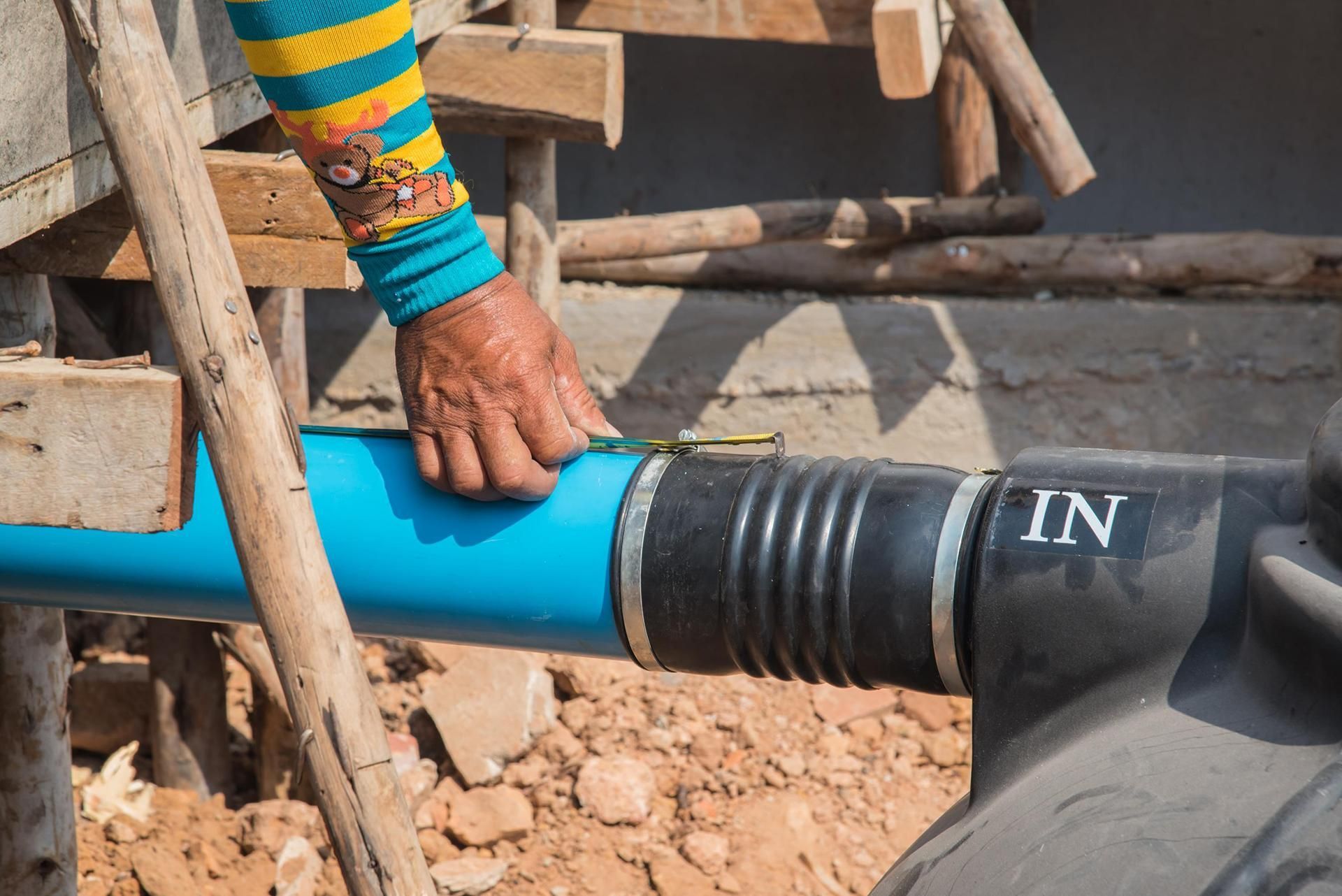
Considerations
- Effluent Quality: Both systems are designed to treat and filter wastewater, but the efficiency may vary based on design and conditions.
- Land Requirements: The space required for each system may differ, depending on factors like dosing frequency and sand bed size.
- Regulatory Approval: Local regulations may dictate the use of one system over the other. This choice is based on performance and environmental considerations.
- Installation Costs: The cost of installing either system can vary based on factors such as site conditions, system complexity, and local labor costs.
- Ongoing Maintenance: The two systems may have different maintenance requirements. Adhering to maintenance schedules is crucial for optimal performance.
- Applicability: The choice between BSF and ISF may depend on specific site characteristics, soil conditions, and regulatory requirements.
Sand Filter Septic System Cost
The cost of installing a sand filter septic system can vary widely. It depends on factors such as local regulations, site conditions, system design, and labor costs. On average, the installation cost can range from $8,000 to $20,000 or more.
It's recommended to obtain quotes from local professionals. This will give you a more accurate estimate for your specific situation.
Environmental Impact
Choosing a Sand Filter Septic System for your home not only benefits you but also has a positive impact on the environment. These systems play a crucial role in sustainable wastewater management. They also contribute to protecting our water sources.
Sand Filter Septic Systems help reduce nutrient pollution in our waterways. They effectively treat wastewater. Excess nutrients, like nitrogen and phosphorus, can cause harmful algal blooms. They also have a negative impact on aquatic ecosystems. With a Sand Filter Septic System, these nutrients are filtered out, preventing their release into the environment.
Maintenance and Operation
Proper maintenance and operation are essential for the longevity and optimal performance of your Sand Filter Septic System. By following these guidelines, you can ensure that your system operates efficiently and effectively.
Proper Waste Disposal
Practice responsible waste disposal by avoiding flushing non-biodegradable items down the drain. This will prevent system damage.
Water Conservation
Conserve water to reduce strain on the system. Address leaks promptly to prevent unnecessary stress on your Sand Filter Septic System.
Landscaping Considerations
When landscaping, avoid planting deep-rooted trees or shrubs near the system to prevent potential damage to pipes and the sand bed.
Following these guidelines will promote the longevity and efficient performance of your sand filter septic system.
Why Choose EWS Septic?
When it comes to Sand Filter Septic Systems, you can trust EWS Septic to deliver exceptional service and expertise. We have years of experience in the industry. We have built a reputation for providing reliable and professional septic system solutions.
Our team of experts is highly knowledgeable in the design, installation, and maintenance of Sand Filter Septic Systems. We understand the unique needs of homeowners. We are committed to delivering tailored solutions that meet your specific requirements.
Sand Filter FAQs
-
How does a sand filter system differ from traditional septic systems?
A sand filter system differs from traditional septic systems in that it utilizes a sand bed as the primary filtration medium. This allows for more effective treatment and removal of impurities from the wastewater.
-
What factors influence the lifespan of a sand filter septic system?
Several factors can influence the lifespan of a sand filter septic system. These factors include proper installation, regular maintenance, and adherence to recommended usage practices. With proper care and maintenance, these systems can last for many years.
-
How long do sand filter septic systems last?
A well-maintained sand filter septic system can last 20 to 30 years or more. Proper maintenance, soil conditions, system design, and responsible usage play key roles in determining its lifespan.
Schedule Now
Reach out for immediate help with your sand filter septic systems
Choose EWS Septic for superior sand filter septic systems. Rely on our expertise, professionalism, and comprehensive solutions for effective resolution of your septic issues.
Contact us now to schedule efficient service or gather information about our dedicated offerings. We are dedicated to addressing your septic concerns with excellence and reliability.
All Rights Reserved | EWS Septic

